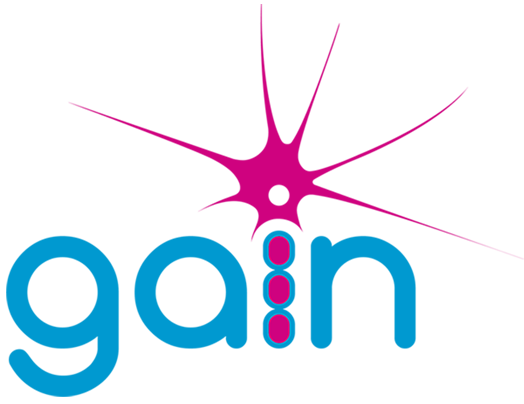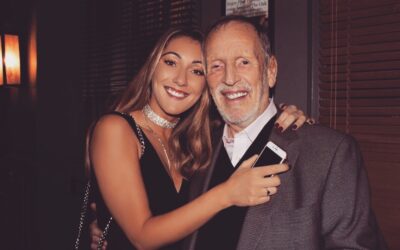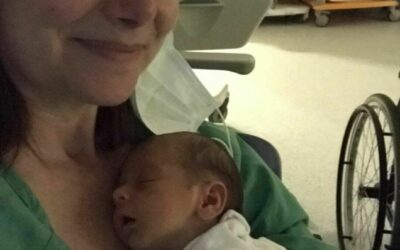I had Guillain-Barre Syndrome, the AMAN version, in 2009 and was in 3 hospitals for 4 and a half months in total, followed by 1 and a half years of physiotherapy and off work for 20 months in all.
I became a volunteer for GAIN prior to going back to work and have been talking to patients and families and I have found talking to them something positive that I have been able to do following a disease that has left me with some residual damage which thankfully doesn’t stop me really doing anything, but I am not what I was. Nevertheless, compared to the starting point of complete paralysis from the neck down, I am certainly not complaining about where I am today.
Over the years the charity has changed to adapt to new communication technologies and particularly social media, to the point that the telephone helpline receives fewer calls as people are accessing the info they need via computers and smartphones, and I am pleased to say there is a lot more info out there on GBS than there was even just 10 years ago.



